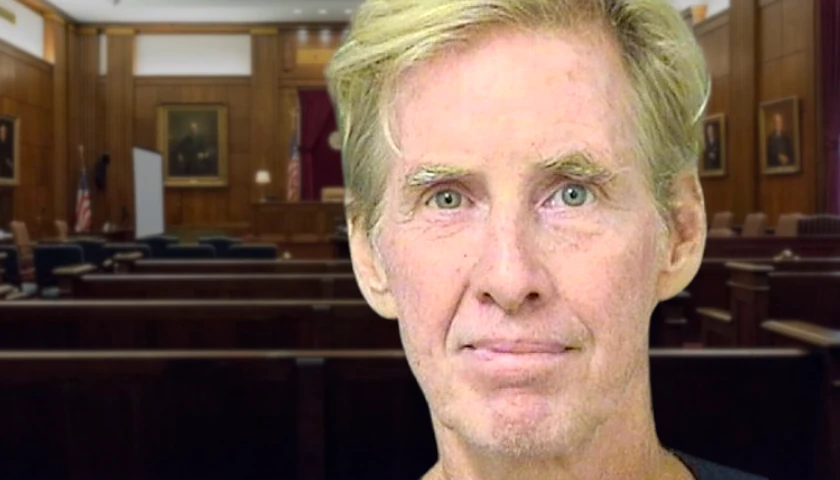by Chris White
Democratic New Jersey Sen. Cory Booker announced a pricey climate plan Tuesday, marking a trend as the New Jersey Democrat joins other presidential candidates who are pushing trillion-dollar plans to tackle global warming.
Booker unveiled the $3 trillion plan, which promises to spend on green energy, phase out the use of fossil fuels and create a 100% carbon neutral economy in the U.S. It would require oil companies to pay a carbon fee on coal, natural gas and oil production, while also ending subsidies for energy producers.
 “We are facing a dual crisis of climate change and economic inequality,” Booker said in a press statement. “Without immediate action, we risk an incredible human toll from disasters, health impacts, rising national security threats, and trillions of dollars in economic losses.”
“We are facing a dual crisis of climate change and economic inequality,” Booker said in a press statement. “Without immediate action, we risk an incredible human toll from disasters, health impacts, rising national security threats, and trillions of dollars in economic losses.”
The plan lacks details about how the plan will be financed.
Booker’s plan aims to “accelerate the end of the use of fossil fuels,” and “barring all new onshore or offshore fossil fuel leases” as well as banning the creation of new fossil fuel infrastructure after 2025. The New Jersey senator would also bring back a ban on crude oil exports, according to the plan. His plan is less ambitious than other presidential candidates.
Sen. Bernie Sanders, a self-proclaimed independent who has staked most of his presidential campaign on climate change, introduced a $16.3-trillion plan on Aug. 22, which he says will create 20 million jobs. The idea is similar to the Green New Deal, a piece of legislation that was panned by Democrats and Republicans for being a pie-in-the-sky solution.
Other candidates chimed in as well. Businessman Andrew Yang’s 11,000-word, $4.9 trillion climate plan, which he announced on Aug. 26, is 3,000 words shorter than Sanders’s idea. He also does not specify how many jobs the plan will create, an oversight that could become a sticking point in areas of the country where oil jobs are plentiful.
– – –
Chris White is a reporter for the Daily Caller News Foundation.
Photo “Cory Booker” by Gage Skidmore. CC BY 2.0.





